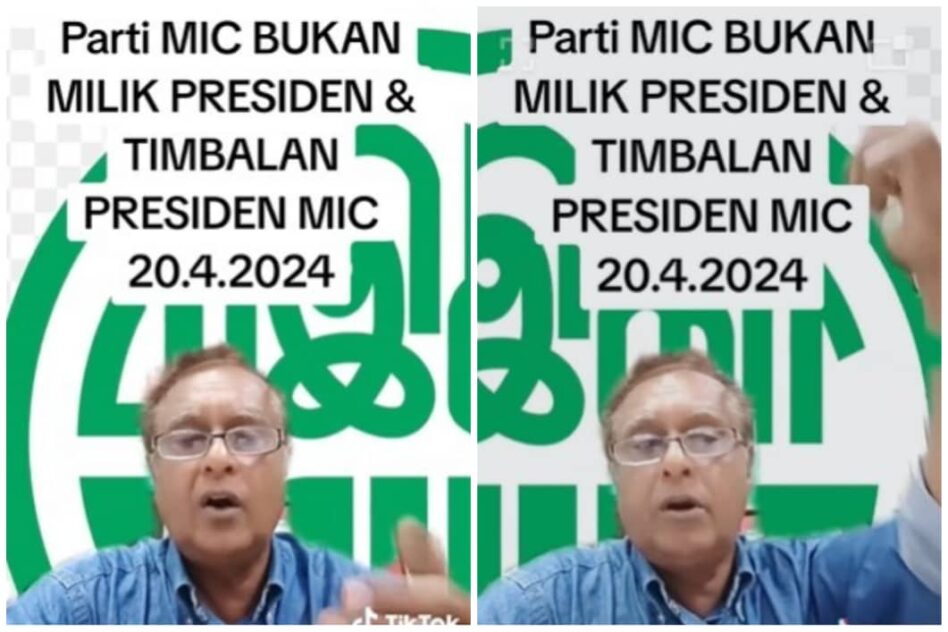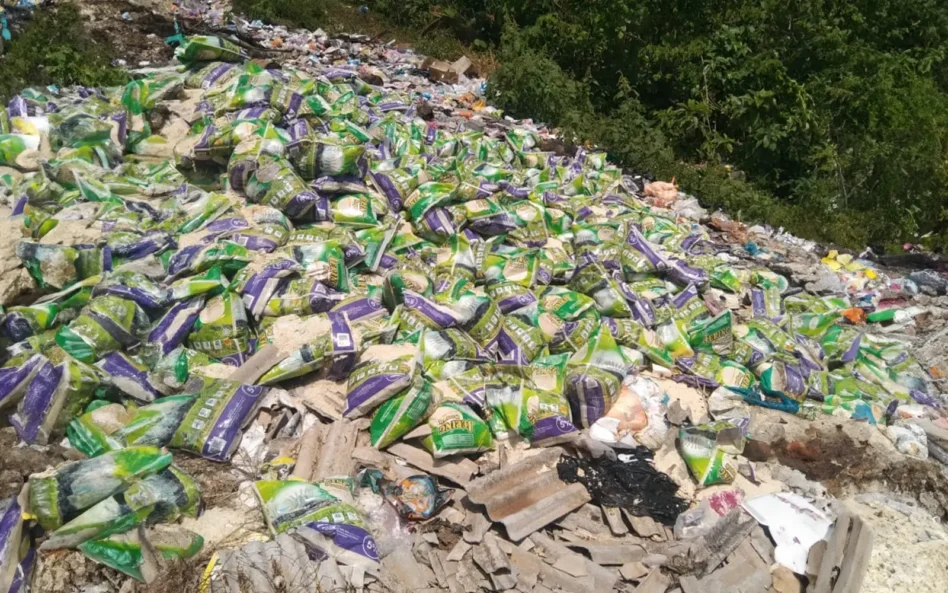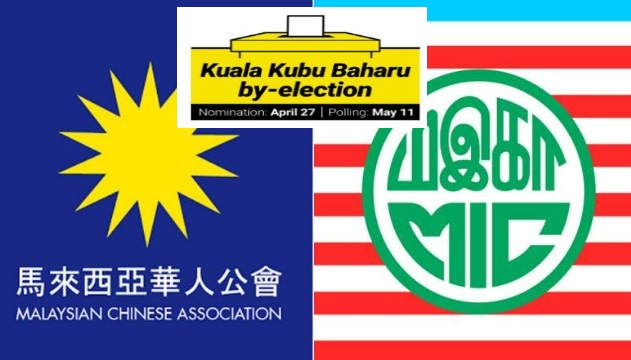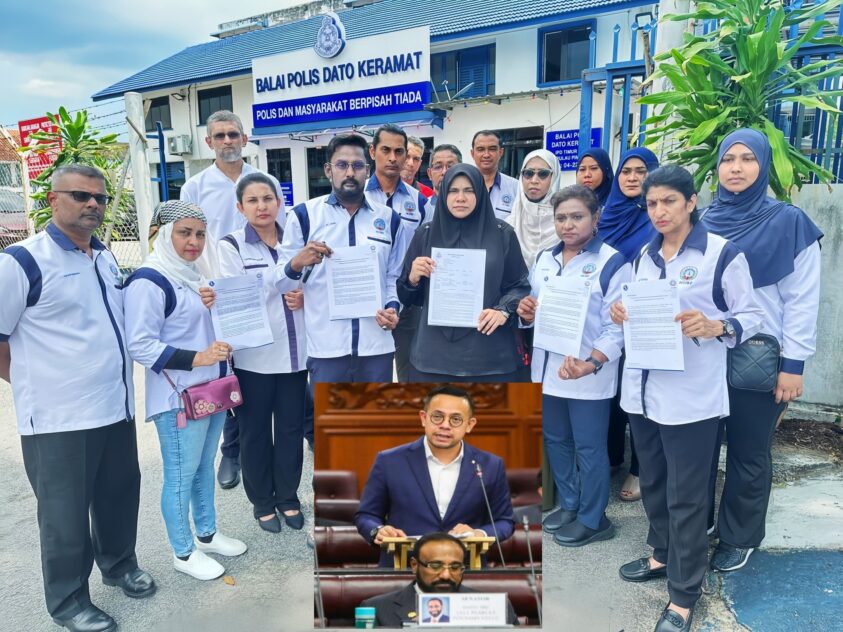By Leonard Yeoh and Caleb Sio
IN COVID-19 pandemic’s march towards calamity, it has undeniably left a wake of economic destruction in its path. To aid the amelioration of the economy, the Government gazetted the Temporary Measures for Reducing the Impact of Coronavirus Disease 2019 (COVID-19) Act 2020 (the Act) on October 23 which among others, provides temporary relief from contractual obligations.
Section 7 of the Act provides that the inability of any party to perform any contractual obligation due to measures prescribed under the Prevention and Control of Infectious Diseases Act 1988 (PICD) to control the spread of COVID-19 shall not give rise to the other party exercising their rights under the contract. This relief was scheduled to be in force from March 18, 2020 to Dec 12, 2020 but has since been extended to June 20 this year.
Section 7 encompasses seven types of contracts including a lease or tenancy of non-residential immovable property.
Can landlords enforce their rights?
Section 7 raises a plethora of questions but the pertinent one in these uncertain times is whether tenants are required to honour their contractual obligation to pay rent during the enforcement period of the Act.
A layperson reading of Section 7 may appear to answer the question in the affirmative. A detailed legal analysis into Section 7 may offer a different interpretation.
As a preliminary point, the savings provision in Section 10 of the Act is an express exception on the applicability on Section 7. Section 10 essentially provides that notwithstanding Section 7, any contract terminated, or any legal proceedings commenced for the period from March 18, 2020 until October 23, 2020 shall be deemed to have been validly terminated or carried out. Tenants would not be able to then rely on the relief provided under Section 7.
Section 7 is not a blanket provision
What about tenancy agreements terminated after October 23, 2020? It is a cardinal principle of law that he who asserts must prove.
Tenants will have to show that their inability to pay rent is due to the movement control orders. The language in Section 7 provides that the inability to pay shall be “due to the measures prescribed, made or taken under the PICD to control or prevent the spread of COVID-19”.
Section 7 contains a limiting condition and is not a blanket provision for anyone’s inability to perform their contractual obligations. Section 7 would otherwise be open to abuse as a backdoor for parties to escape contractual obligations with no consequences. Section 7 should not be interpreted to deprive landlords of their rent unless it can be shown that the tenants were “incapacitated” by the measures.
The crux of the issue may be whether the tenant’s financial standing was affected by the measures imposed by the Government. A tenant could potentially claim that due to the Government’s direction prohibiting their operation, their business was affected, and this has in turn affected their ability to pay rent.
The Act does not distinguish between the different movement control orders (MCO, conditional MCO [CMCO] or recovery MCO [RMCO]) and its severity. Would a tenant be able to rely on Section 7 where a tenant could have operated, albeit with government approvals or was an essential service provider, during MCO but did not take steps to do so? Many tenants were bound to fail due to mismanagement irrespective of the pandemic.
The legal test of causation and remoteness may be relevant in determining the causative relationship between the Government’s directive and the tenant’s inability to pay rent.
Dispute resolution mechanism
In the event a dispute arises on the applicability of Section 7, the Act provides for mediation to resolve the dispute. Typically, a mediator does not decide on a dispute but acts as a neutral party to assist disputing parties in reaching a settlement.
We pause to consider the COVID-19 (Temporary Measures) Act 2020 implemented in Singapore (SG Act). In Singapore, where a dispute arises on the applicability of the SG Act, an assessor may be appointed to decide on the applicability of the SG Act.
As it stands, Section 9 may seem like a toothless tiger as ultimately Malaysian Courts would be left to decide on the applicability of the relief afforded by Section 7.
Given that the Act was recently gazetted, there is a lack of judicial guidance on its interpretation. However, Section 7 ought not to provide a blanket protection to tenants who have failed to pay rent, to the utter detriment of landlords. This would be an irrational conclusion which cannot be consistent with the underlying objective of the Act. – March 23, 2021
Leonard Yeoh is a partner and Caleb Sio, an associate with the law firm, Tay & Partners.
The views expressed are solely of the author and do not necessarily reflect those of Focus Malaysia.










